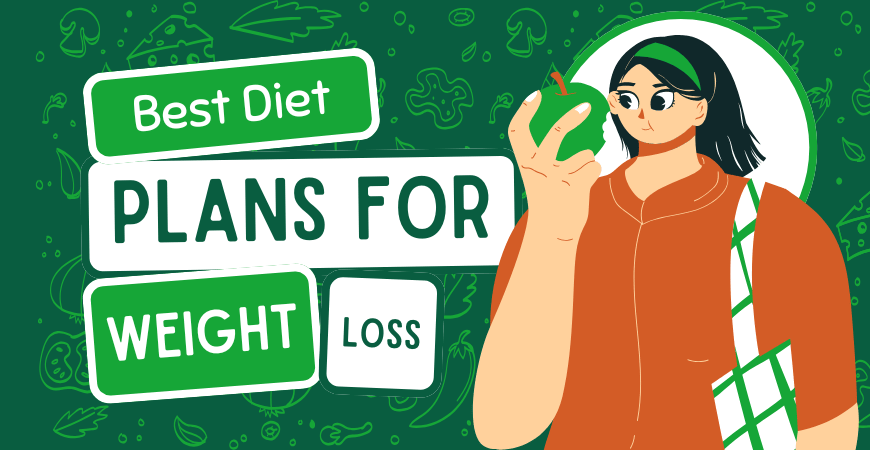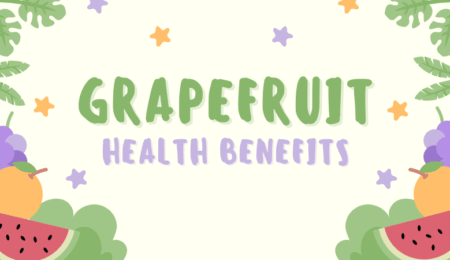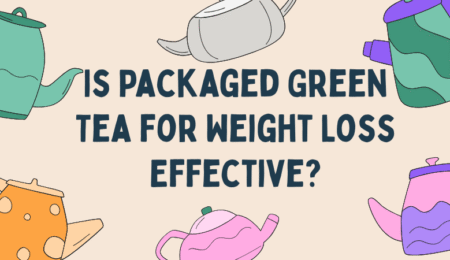Best Diet Plans for Weight Loss in 2025 – Top Choices
Tips to Select the Most Effective Diet Plan for Weight Loss
Losing weight has always been one of the most common health goals across the world. As we step into 2025, people are not only looking for quick fixes but also sustainable and science-backed ways to shed extra pounds while improving overall health. With advancements in nutritional science and lifestyle awareness, the concept of dieting has evolved from restrictive meal plans to balanced approaches that prioritize both physical and mental well-being.
In this article, we will explore the best diet plans for weight loss in 2025, their benefits, potential challenges, and tips on choosing the right one for you.
Why Diet Plans Still Matter in 2025
With new fitness apps, AI-based nutrition trackers, and access to countless online resources, many people wonder if diet plans are still necessary. The answer is yes. A structured diet plan gives direction, consistency, and accountability. In 2025, diet plans are no longer about starving yourself or cutting out entire food groups. Instead, they focus on:
-
Balanced nutrition rather than extreme restrictions.
-
Personalized choices based on lifestyle, culture, and health conditions.
-
Sustainability to ensure long-term results rather than temporary weight loss.
Best Diet Plans for Weight Loss in 2025
1. Intermittent Fasting 2.0
Intermittent fasting has been around for years, but in 2025 it has become more refined with flexible fasting windows and tech-enabled tracking. Instead of traditional 16:8 or 18:6 patterns, people now adopt personalized fasting schedules based on metabolism and daily activity.
How it works:
-
You eat all meals within a set time window (e.g., 10 a.m. – 6 p.m.).
-
The rest of the hours are fasting, allowing the body to burn stored fat.
Benefits:
-
Boosts fat burning and improves metabolism.
-
Enhances cellular repair and reduces inflammation.
-
Easy to adapt with modern apps that guide eating schedules.
Challenges:
-
May cause hunger or fatigue in beginners.
-
Requires discipline to avoid overeating during eating windows.
2. Plant-Based Diet with High Protein
The shift toward plant-based eating continues to grow in 2025, but this year’s focus is on high-protein plant diets. Unlike traditional vegetarian diets that sometimes lack sufficient protein, this version emphasizes foods like lentils, chickpeas, tofu, tempeh, quinoa, and plant-based protein powders.
How it works:
-
Meals are built around whole grains, vegetables, fruits, legumes, and nuts.
-
Processed plant-based junk food is avoided.
-
Extra attention is given to protein intake for muscle preservation.
Benefits:
-
Supports sustainable weight loss.
-
Promotes heart health and lowers cholesterol.
-
Eco-friendly and ethical choice.
Challenges:
-
Requires planning to meet protein and vitamin B12 needs.
-
Some people may struggle without animal-based foods.
According to the Harvard School of Public Health, a balanced diet plan for weight loss should focus on whole foods, portion control, and long-term sustainability.
3. Mediterranean Diet 2025 Edition
The Mediterranean diet remains one of the healthiest diets in the world. In 2025, it’s upgraded with a focus on organic produce and low-processed options. It emphasizes healthy fats, lean protein, whole grains, and plenty of fresh vegetables.
How it works:
-
Meals include olive oil, nuts, seeds, fish, lean poultry, fresh vegetables, and whole grains.
-
Red meat and processed foods are minimized.
-
Red wine in moderation is still considered acceptable.
Benefits:
-
Excellent for weight loss and long-term health.
-
Reduces risk of heart disease and diabetes.
-
Easy to maintain without feeling deprived.
Challenges:
-
Can be expensive depending on food choices.
-
Requires cooking fresh meals regularly.
4. Keto Diet with a Twist
The ketogenic (keto) diet is still popular in 2025, but it’s more balanced now. Instead of extremely high fat and almost zero carbs, the new version allows moderate carbs from whole foods like quinoa, oats, and sweet potatoes.
How it works:
-
Carbs are limited to around 50–70g per day.
-
Healthy fats (avocados, olive oil, nuts) make up most calories.
-
Protein intake is moderate.
Benefits:
-
Promotes rapid fat loss by putting the body in ketosis.
-
Helps control cravings and appetite.
-
Can improve mental clarity and energy.
Challenges:
-
Strict carb counting is necessary.
-
Not suitable for people with certain health conditions.
5. Flexitarian Diet
For those who don’t want to commit fully to vegan or vegetarian diets, the Flexitarian Diet is one of the best choices in 2025. It’s primarily plant-based but allows occasional inclusion of meat, poultry, or fish.
How it works:
-
Focuses on vegetables, fruits, legumes, and whole grains.
-
Meat is consumed in small amounts occasionally.
-
Processed foods are kept to a minimum.
Benefits:
-
Balanced approach, easy to follow long-term.
-
Helps with gradual, sustainable weight loss.
-
Encourages healthier eating habits without strict restrictions.
Challenges:
-
Requires self-control to avoid overindulging in meat.
-
May not be structured enough for people seeking strict guidelines.
Tips for Choosing the Right Diet Plan
While all the above diet plans are effective, the best choice depends on your personal needs. Here are a few tips:
-
Consider your lifestyle: If you’re busy, intermittent fasting might be easier.
-
Think about food preferences: If you love vegetables, plant-based or Mediterranean may suit you.
-
Check for health conditions: Always consult a doctor if you have diabetes, thyroid issues, or heart problems.
-
Focus on sustainability: Choose a diet you can follow for years, not just weeks.
The Future of Weight Loss Diets
In 2025, technology plays a huge role in weight loss. AI-powered apps analyze your eating patterns, suggest personalized meal plans, and track progress in real-time. Nutrition is no longer “one size fits all” – it’s tailored to individual needs.
This means that whatever diet plan you choose, you can easily adjust it with the help of tech tools, online communities, and professional guidance.
Final Thoughts
Weight loss in 2025 is about balance, personalization, and sustainability. Whether you choose intermittent fasting, a plant-based diet, the Mediterranean lifestyle, a modified keto plan, or a flexitarian approach, the key is to remain consistent and make healthy choices that fit your life.
The best diet plan for weight loss in 2025 is not about cutting calories drastically but about creating a lifestyle where nutritious food, moderation, and mindful eating become part of your daily routine.



